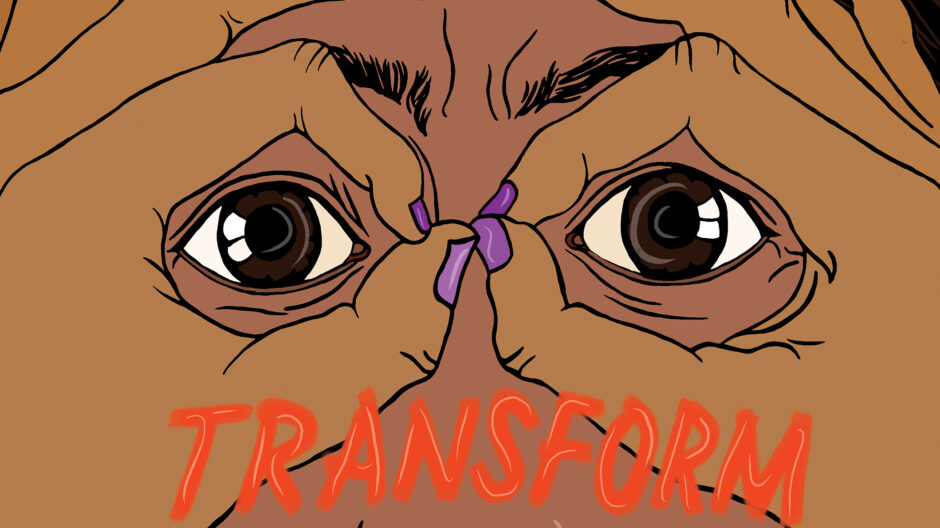This course looks at the ways in which artists play with identities and histories, focusing on feminist and queer practices in British and North American art from 1970 to the present day, spanning a range of practices including performance, film and video, photography, painting and installation. The idea of “telling stories” will be woven through considerations of archival fantasies, speculative fictions, personal histories and political imaginaries in art. We will approach history as a form of storytelling, drawing on a variety of politicised approaches to telling and performing stories otherwise, including autotheory, fantasy and quotation.
Questions raised through the consideration of artworks and texts include: How do we define our contemporary moment? How do we ‘feel’ history? How do we see ourselves in relation to others? How do we inhabit the past, taking up incomplete stories and reimagining them for the present and the future? To answer these questions, theories of the contemporary, gender performativity, queer subjectivities and feminist community-building are brought to bear on what it means to write about contemporary art. Affective relationships with previous material and moments will be foregrounded, including issues of re-enactment, re-writing and translation.
The course will also explore modes of performing writing, thinking about the possibilities for writing contemporary art’s histories. We will visit relevant exhibitions and archives in the UK, and members of the seminar will be asked to keep a journal throughout the course, as well as taking part in writing exercises to help develop their own mode of writing about contemporary art.
Course Leader: Dr Catherine Grant
In the event that a course leader is on sabbatical, takes up a fellowship, or otherwise is not able to teach the course, they will be replaced by another experienced course leader either for a semester or, in some cases, the academic year.
Please note: whilst many Special Options will include site visits within the UK and further afield, these are subject to confirmation.


